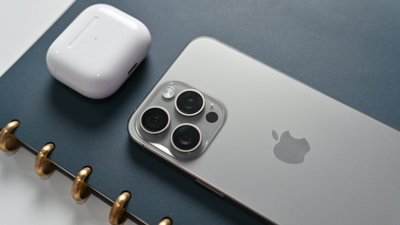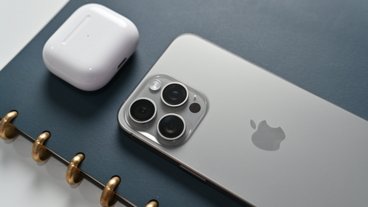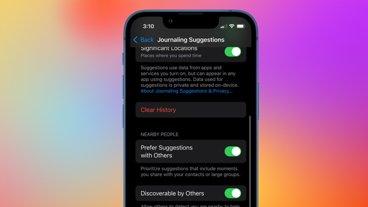Developers at WWDC not worried about iPhone, iPad screen size changes
Analyst Gene Munster of Piper Jaffray polled 100 developers at WWDC 2012 in San Francisco, Calif., and asked them how difficult it would be to adjust their applications to two new screen sizes, presuming Apple were to make an iPhone with a larger screen, as well as a smaller "iPad mini."
Developers were asked to indicate, on a scale of one to 10, how difficult it might be for them to change their applications for the new screen sizes. On average, developers at WWDC said the difficulty would be just a 3.4 out of 10, suggesting they don't see it as a major issue.
"Given the relative ease expected by developers for utilizing potential new iOS screen sizes, we believe the introduction of new screen sizes would not affect the success or availability of the apps on iOS," Munster said.
Apple's next iPhone is expected to have a slightly larger, 4-inch display with 16-to-9 ratio that could offer more screen real estate while still allowing users to operate their iPhone with just one hand. All previous iPhone models have had a 3.5-inch screen with a 3-to-2 aspect ratio.
Other reports have also claimed that Apple plans to introduce a smaller iPad with a 7.85-inch display this fall. The new device is rumored to feature a 1,024-by-768-pixel display, which would allow applications built for the first-generation iPad and iPad 2 to run natively on the smaller screen.
Developers at WWDC last week also indicated to Munster's team that 55 percent of them develop for both Apple's iOS and Google Android. Another 14 percent develop for Windows Phone, and 9 percent create applications for Research in Motion's BlackBerry platform.
The numbers suggest that iOS developer support for Android is growing, as last year 47 percent of iOS developers at WWDC also developed for Android. But support for BlackBerry plummeted from 36 percent last year.
Unsurprisingly, given that WWDC is an Apple-run show, developers indicated a strong preference for iOS. Among the 55 developers who create applications for both iOS and Android, 84 percent said that iOS was best for ease of development, while just 5 percent went with Android, and 2 percent chose Windows Phone.
Developers also said that they see iOS having the highest future revenue potential for their applications, as 64 percent of developers see themselves making more money from Apple. Just 5 percent said they expect to make more money from Android, and the remaining 31 percent were either undecided or did not feel comfortable answering the question.
"We believe that Apple's loyal developer base will continue to develop cutting edge apps for iOS that will draw in new customers, helping to fuel continued growth in iOS device sales," Munster said.
 Neil Hughes
Neil Hughes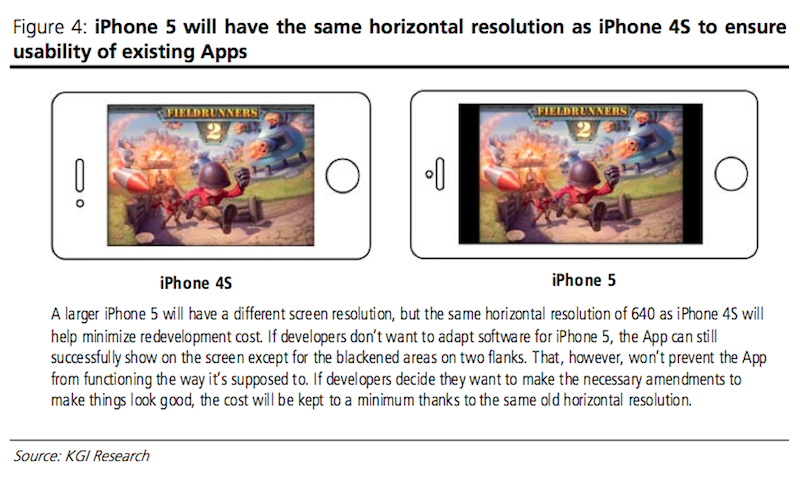
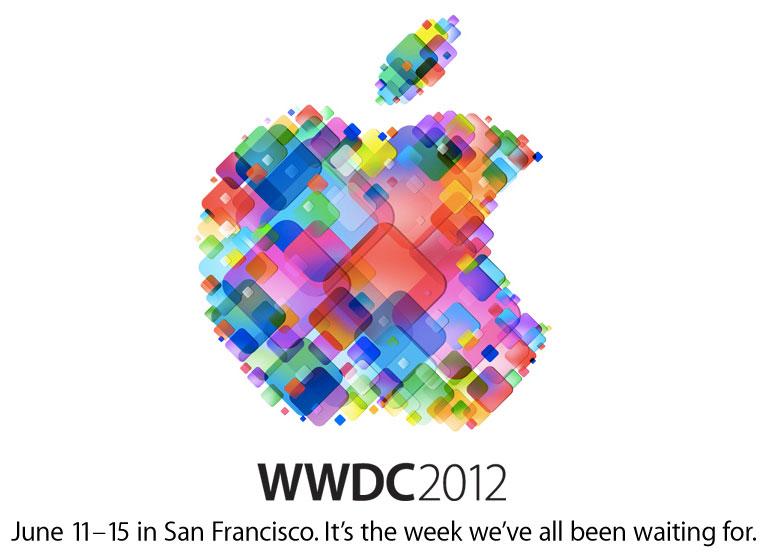




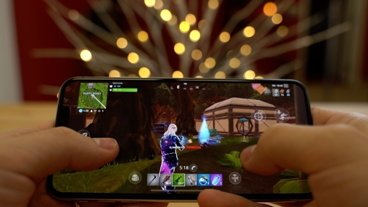





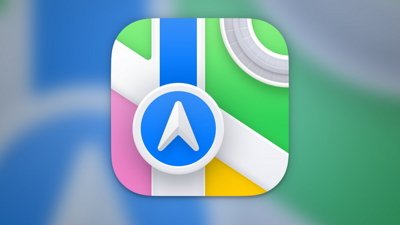
 Chip Loder
Chip Loder
 Andrew Orr
Andrew Orr
 Christine McKee
Christine McKee
 Marko Zivkovic
Marko Zivkovic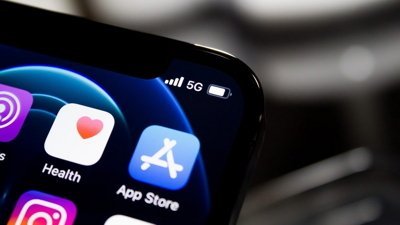

 Mike Wuerthele
Mike Wuerthele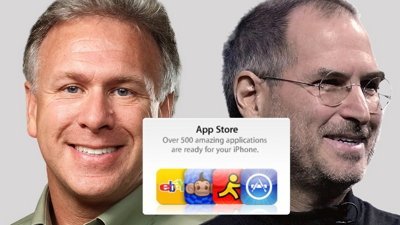
 William Gallagher
William Gallagher